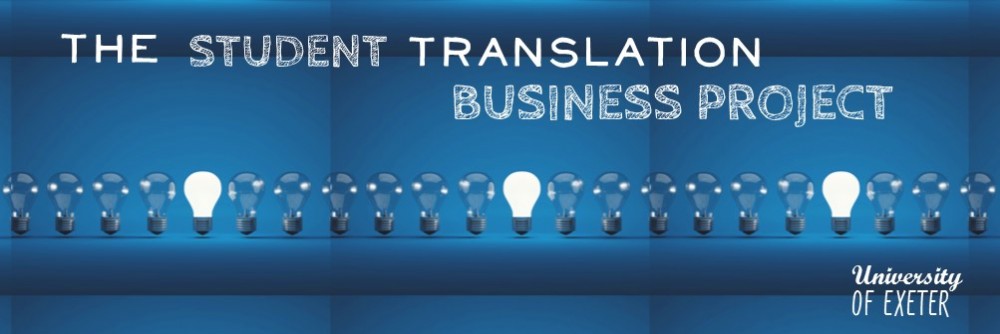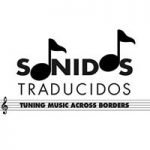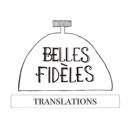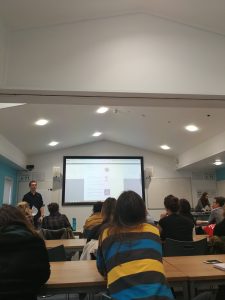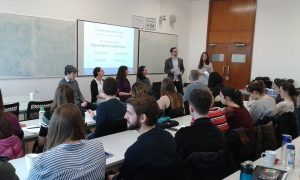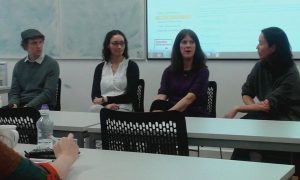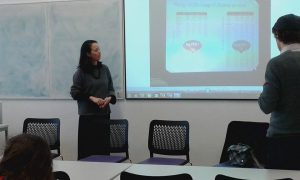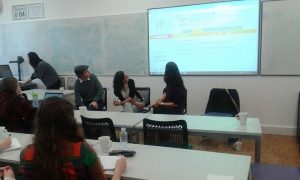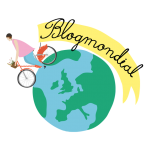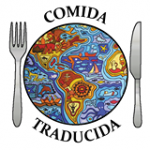(Written by translator Cathy Dobson. Also in the judging panel: translator Lisa Simpson and Dr Alex Thompson, marketing expert from the Business School. A massive THANK YOU to all of them!)
2018 marks five years of the Student Translation Business Project and so my fifth-year as a judge. It is always a real pleasure to take part in the final gala and to see your presentations and once again I was very impressed with your work. It sounds as if this term has presented more than its fair share of challenges, for various reasons, so the fact that you were willing to commit to the project is particularly commendable.
Although there can only be one winning team on the day – and congratulations to the Italian group for this achievement – this project is primarily about trying out and developing skills relevant to the wider world of work. So whatever your career aspirations, I hope that all of you have found the experience useful.
From a judge’s perspective, there is a lot to take in on the day, but here is a quick summary of my impressions of each team, presented in running order:
French: as a French translator myself, I smiled at the rationale behind your company name. The business philosophy of providing a personalised, human-scale service to small, family-run hotels and restaurants was a great USP. It was also refreshing to see a pricing strategy based on overall packages rather than individual words. Finally, I was very impressed with your methodical approach to the translation task and willingness to reflect on the challenges you had faced and what you could do differently in the future.
Italian: this year’s very worthy winners displayed excellent teamwork and had wisely played to their individual strengths. The overall presentation came across as both personable and highly professional; it was clear you had researched your business and marketing strategies thoroughly (loved the logo) and it was good that you gave consideration to how you could grow the business. The subtitling task was very well done and you showed great awareness of the requirements of audiovisual translation and of how to overcome challenges such as transferring wordplay from a source to a target language.
Arabic: a strong presentation delivered by a quietly confident and cohesive team. Your passion for working with ethically-minded organisations shone through but you were also pragmatic enough to recognise where the likely translation budgets would be and to base your business strategy on that. I was impressed with your resourcefulness in consulting native speakers to clarify your understanding of the more challenging aspects of your source texts, and with your cultural awareness, particularly in terms of how to promote services in Arabic-speaking countries.
German: your company name and clever logo, reflecting the two distinct markets you wanted to target, was ingenious. It was clear you had put thought into identifying a potential growth area for your business, and in a world where so much communication is now faceless, adopting a more direct and human approach to selling your services would definitely help you stand out. You also displayed good understanding of the need to make sure different texts conveyed different registers.
Spanish: this was a very good, professional presentation and you had clearly worked well as a team on both the business and translation side of this project. This was a very original, niche market and it was evident that you had thought in-depth about how your business vision could work in practice and how to promote your services. You had set yourselves a very challenging translation task but the quality of your work was excellent. Your collaborative approach to the translations also deserves praise.
Portuguese: a very well-executed presentation. As a team you stood out for the work you had put into researching potential markets and the business strategies you chose based on your findings. You had some great ideas about where to target your services, with realistic plans for growth, and were spot-on to consider overheads in your pricing. You showed a good understanding of the professional translation process and I was impressed with how you justified some of your translation decisions to us.
So, as you can see, every group showed some real strengths. To finish, I’d just like to wish all of you the best with your upcoming exams and future careers.

